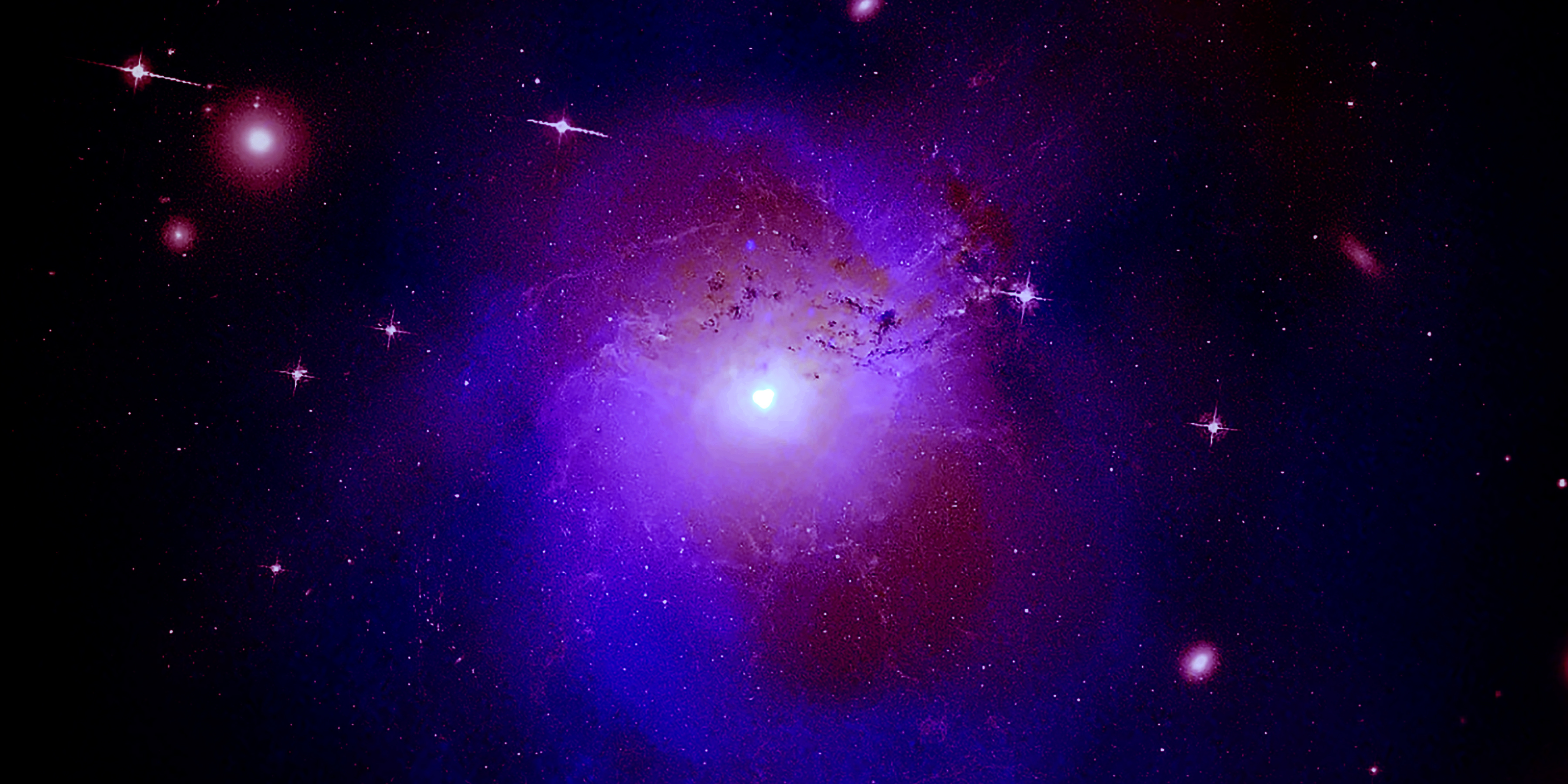
Craveology Cafe and the North Star Science Store are temporarily closed for renovation.

By Dr. Lisa Will, Resident Astronomer at the Fleet Science Center.
Scientists and institutions all over the world will be celebrating the first Dark Matter Day on October 31, 2017. But, what is dark matter? The truth is, nobody knows for sure! The term “dark matter” is derived from its two most obvious properties:
1) It cannot be directly observed because it emits no light; therefore, it is “dark”.
2) It has a gravitational effect on objects in space; therefore, it behaves like “matter”.
The idea of dark matter has been around for over a century, when astronomers observed that stars orbiting the centers of galaxies moved as if more mass was tugging on them than could be observed with visible light. This led to the old name for dark matter, “missing mass”. But, it's not the mass that's missing, it's the light! As observations of the motions of objects on large scales in the universe continued to provide evidence for the existence of dark matter, astronomers began to realize the amount of dark matter that's out there in the universe. Current estimates show dark matter makes up approximately 85% of the total mass in the universe! There are ongoing experiments to determine the nature of dark matter. The experiments are searching for two categories:
1) Objects that don't naturally emit light—black holes, black dwarfs, red dwarfs, etc.
2) Subatomic particles that are yet to be discovered.
There’s more to the universe than stars, planets, asteroids, comets, and space dust. In fact, there’s a lot more to the universe that we can’t yet explain. On the day when we normally celebrate the dark, strange and unseen, spare a few thoughts for dark matter, one of the universe’s greatest mysteries!
Dark Matter Day website: http://darkmatterday.com
Dark Matter Day Twitter: @DarkMatterDay
Wishing you clear skies!